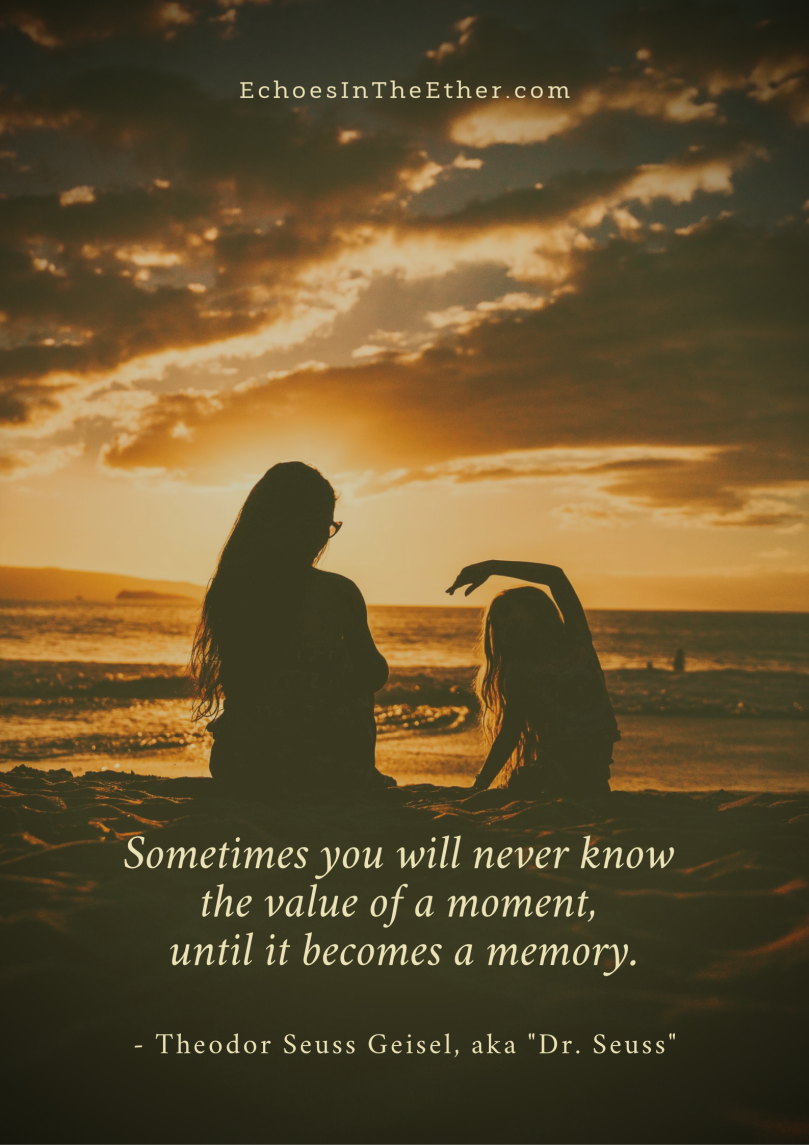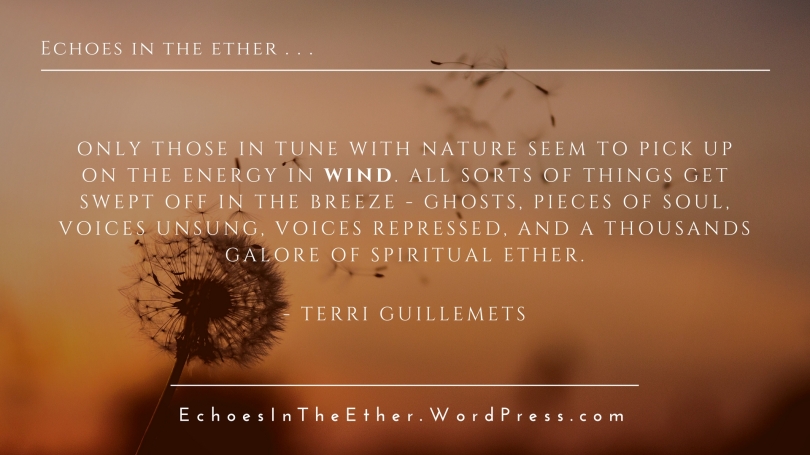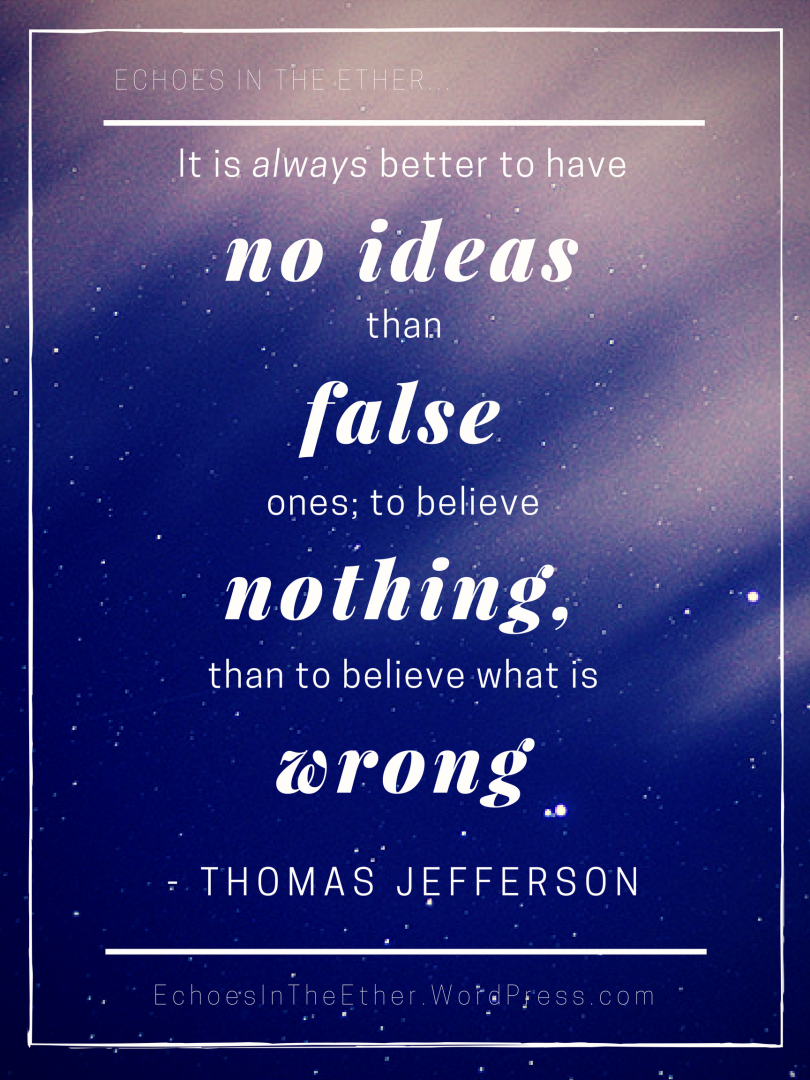I find this quote from E. E. Cummings to be very true.
We always have an opinion on everything. Even if a random person, whom we are meeting for the first time, were to appear in front of us, and ask for some advice, we would definitely have something for him (even though we may not give that advice to him out of politeness or political correctness, but our minds will definitely think of something for him).
This works the other way too. Everyone has some opinion about how we, ourselves, are, and how we ought to be. That includes how we talk, our body language, our sense of dressing, our lack of knowledge about something, etc. People always have something that they want to tell us.
And this is not always with of a sense of condescension or contempt. Sometimes, people genuinely want what’s best for us. Like your family or friends. They’ll share their knowledge or opinion in the hope that it will make us better, prevent us from making certain mistakes, etc.
But, irrespective of the intentions, the ultimate effect on a person is that everyone tries to make the person be somebody else, according to what they think is best. But as the person leading that life, one has their own idea about how to lead their own life.
The result is that one has to deal with too many opinions, some their own, and some from different people. These opinions are often in conflict with each other, and one may easily be confused as to which one to take into consideration, and which to ignore.
To whom do you listen? To yourself or to those around you? Who’s to say who will be right? When faced with a choice, say you are thinking of going for option #1, but everyone around you suggests you take option #2. And say, after a great deal of thinking over the options, considering the arguments that others made for option #2, you do end up going for option #2, who made that decision? Did you or did they?
And even if you do take option #1 (your own original choice), suppose that turns out wrong (everyone makes mistakes and wrong decisions sometime in life). When the next time you have to make a choice again, and when again, the others have certain opinions different from your own, whom do you listen to?
These are not easy questions to answer. To make decisions that are truly one’s “own”, one needs a great level of self-awareness and courage.
Self-awareness, so that one can objectively decide what one’s own thoughts are, without getting them mixed up with the plethora of thoughts from others that one will, undoubtedly, be bombarded with.
And courage, because that’s what one needs to stick to one’s own convictions, even in the face of a 100 people telling them that they are wrong. And specially, when one has actually been wrong in the past. A mistake, in the past, in a totally different scenario, doesn’t mean that one will make another in the current scenario. But those other people won’t miss a beat in telling you that you were wrong before (when you hadn’t listened to them), and that you should listen to them now if you don’t want to be wrong again.
In such a complex mix, it is a real challenge, the hardest even, to maintain a clear vision of who you are. So, yes, I agree:
The hardest challenge is to be yourself in a world where everyone is trying to make you be somebody else.
– E. E. Cummings









